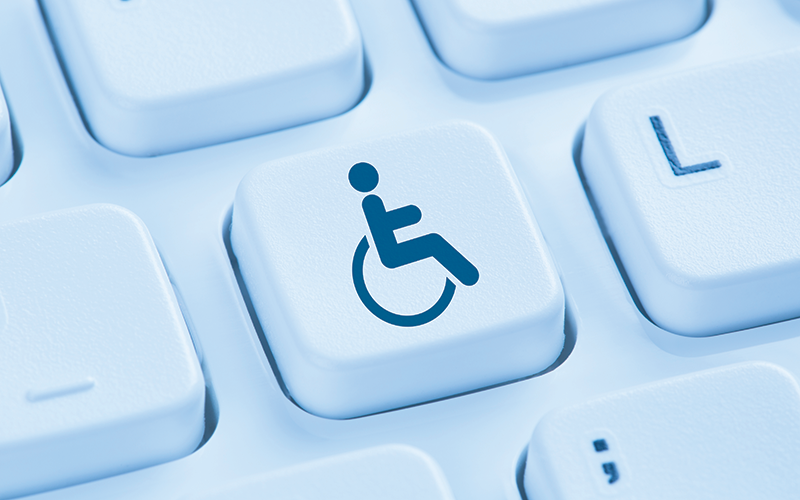Digital changes for disabled people fail to live up to employment promises

Even digital hiring efforts have failed to help get more disabled people into work.
Efforts to increase work opportunities with the use of digital hiring and remote work options have failed to “significantly reduce” worklessness for disabled people.
This is the message that the All-Party Parliamentary Group on Modernising Employment (APPG) heard in December.
A packed room in the Palace of Westminster received comments and entreaties from experts including Kim Hoque of King’s Business School, Laura Davis of the British Association for Supported Employment and Emily Hyland of TUI about ongoing negativity and disinterest towards hiring disabled people in UK business. Comments included “long job hunts… and sometimes outright ableism”, and a need to implement mandatory disability employment and pay gap reporting for organisations of over 250 people in a Disability Employment Charter.
Disabled people are twice as likely to be unemployed and three times as likely to be economically inactive compared to the rest of the population – despite 24% of the population being registered disabled.
“Now is the time to facilitate real change in this area,” said Keith Rosser, chair of the Better Hiring Institute and director of Reed Screening at the session.
The previous government focused “perhaps a little too much on the supply side, in terms of labour market activation policies aimed at getting disabled people off benefits into jobseeking activity”, said Hoque, who has researched and published widely on disability employment and is founder of the Disability@Work research group.
“So the focus on the demand side, in other words, by employers under the new government is a welcome and, I think, an important change of direction – as is the general understanding that if the government is going to come anywhere close to meeting its 80% employment targets, this just isn’t going to happen unless employers up their game in terms of the way they… ensure that their workplaces and also the jobs that they offer are genuinely accessible. There is a long way to go with this.”
Hoque also offered strong views on the Disability Confident scheme, of which he said, “we are not fans. Disabled people are no better off in Disability Confident schemes”.
Lord Kevin Shinkwin, a long-time advocate for improving employment for disabled people, said that mainly non-disabled people are making the decisions about increasing access to this segment of the population. He also said that urgency was needed to improve the situation, pointing out that the Disability Discrimination Act came into force 30 years ago.
“I don’t want to be having these same discussions again in 30 years,” he said, expressing concern that significant progress had not been forthcoming. He commented that disabled people seem to be expected to wait for progress “because it is assumed that [waiting] is what disabled people do”.
Emily Hyland, TUI’s DEI manager, emphasised that disabled people “have to navigate workplaces that weren’t made for us in mind… [but] Disabled needs are human needs”.
The APPG gathering was part of its ongoing work with the BHI and other organisations to make hiring in the UK “faster, fairer and safer for everybody in the UK”.
BY DeeDee Doke
Image credit | Shutterstock




